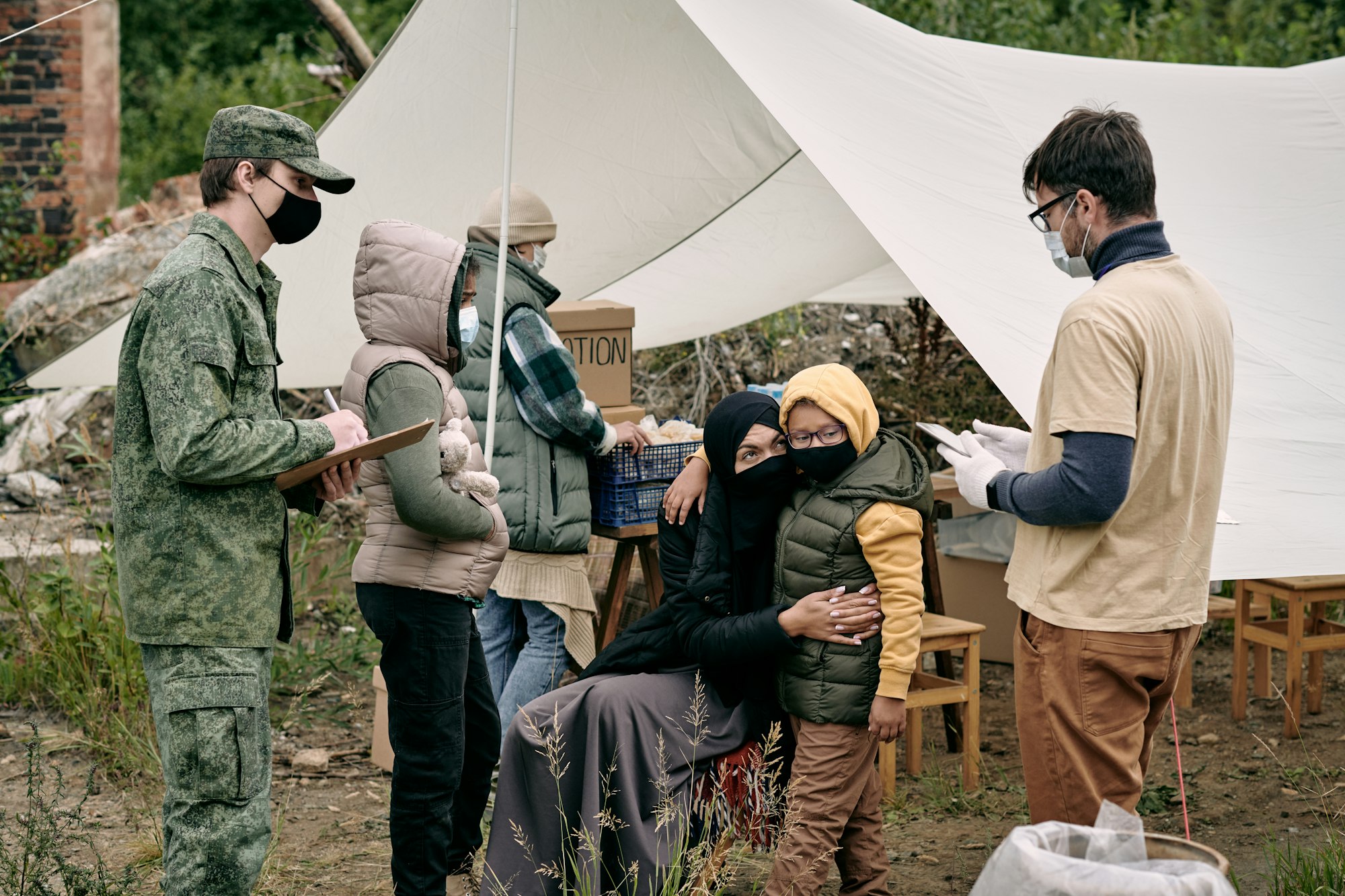
Volunteering is a deeply rewarding act of service that aligns with core Islamic values such as charity, compassion, and community. For Muslim teens, volunteering offers a unique opportunity to grow spiritually, socially, and personally. It helps them develop important skills, build meaningful connections, and contribute positively to society—all while staying connected to their faith.
In this article, we’ll explore the many benefits of volunteering for Muslim teens and why getting involved in community service is an essential step toward personal and spiritual development.
Volunteering is a practical way for Muslim teens to put their Islamic values into action. Islam encourages us to help those in need, give generously, and engage in acts of kindness and service. By volunteering, teens can fulfill the important Islamic principle of sadaqah, or charity, which extends beyond monetary donations to include acts of time, effort, and compassion.
When teens get involved in community service, they begin to embody the teachings of the Prophet Muhammad (PBUH), who said, “The best of people are those who are most beneficial to others” (Hadith). Volunteering reinforces the idea that serving others is an essential part of being a good Muslim, helping teens develop a strong sense of purpose rooted in their faith.
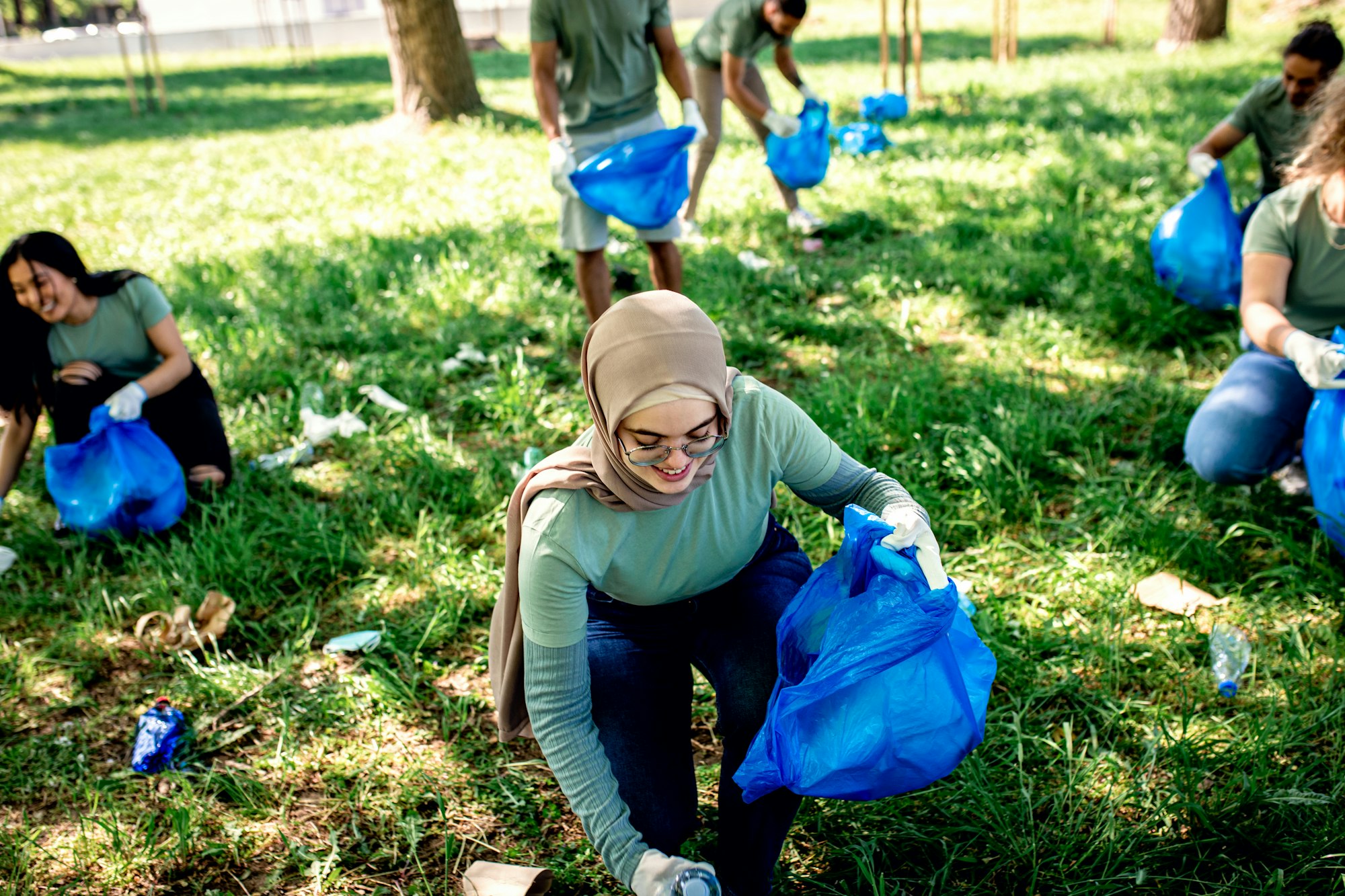
Read: Places to Volunteer as a Muslim in USA
2. Developing Leadership and Life Skills
Volunteering offers Muslim teens the chance to develop critical leadership and life skills that will serve them well throughout their lives. Whether it’s organizing a food drive, leading a team in a local park cleanup, or helping to plan a fundraising event, volunteering provides hands-on experience in:
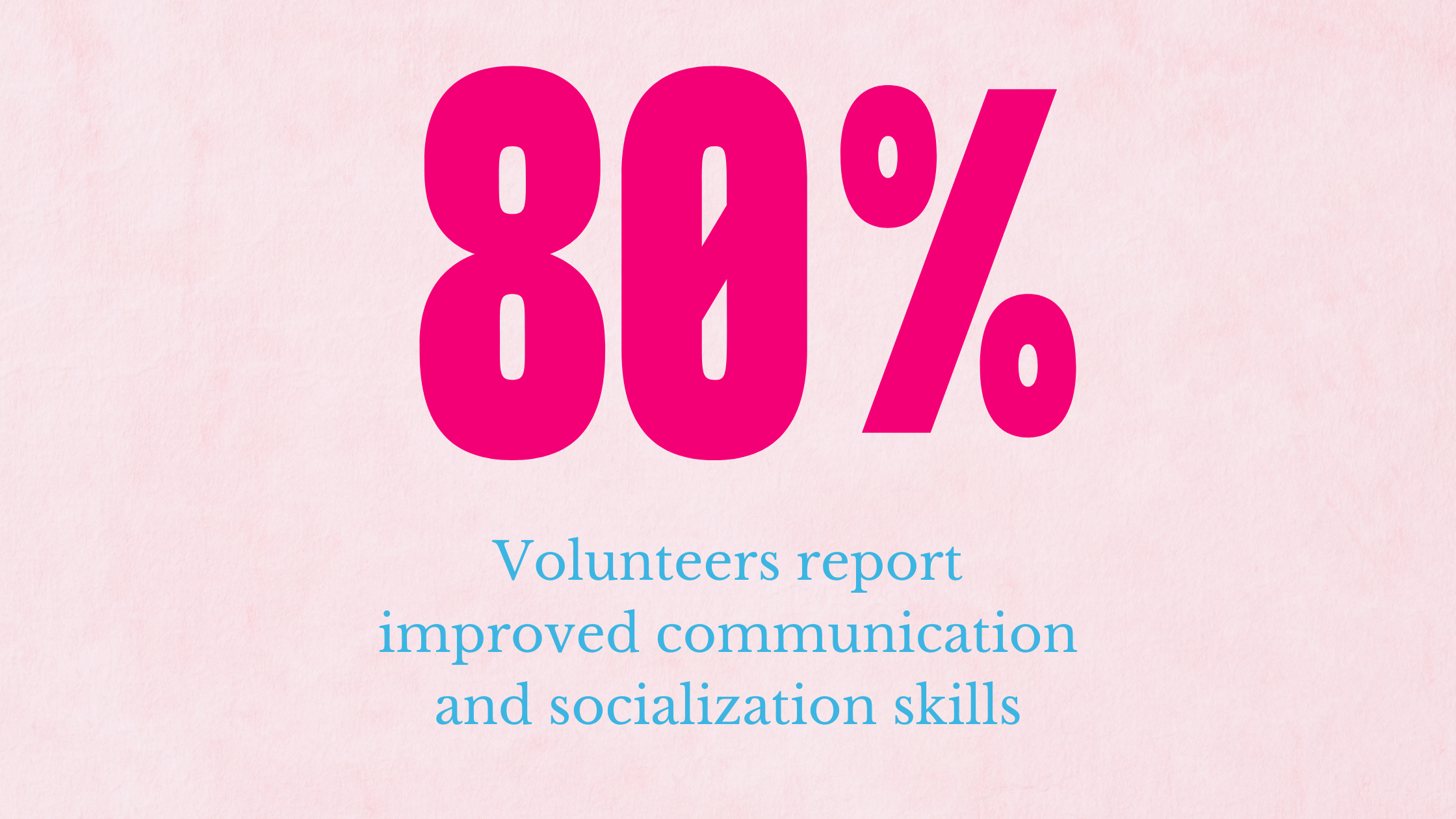
These skills are not only useful in the context of volunteering but also in academic, social, and future career settings. Teens who volunteer regularly tend to become more organized, confident, and capable in managing responsibilities.
Volunteering is an excellent way for Muslim teens to build stronger connections with their local community. In many cases, Muslim teens live in areas where they are a minority, which can sometimes lead to feelings of isolation or misunderstanding. By getting involved in community service, teens can interact with people from diverse backgrounds, foster mutual understanding, and showcase the positive contributions of the Muslim community.
Additionally, volunteering with fellow Muslims strengthens bonds within the local Muslim community. Teens can form friendships and connections with others who share their faith and values, creating a sense of brotherhood and sisterhood that reinforces their Islamic identity. This can be particularly helpful during the teenage years, when many young people are navigating questions about faith, identity, and belonging.

Adolescence is a time of significant emotional and social growth, and volunteering can play a crucial role in helping teens navigate these changes. Volunteering allows teens to step outside of their own world and focus on the needs of others, which fosters empathy, compassion, and a greater understanding of different life experiences.
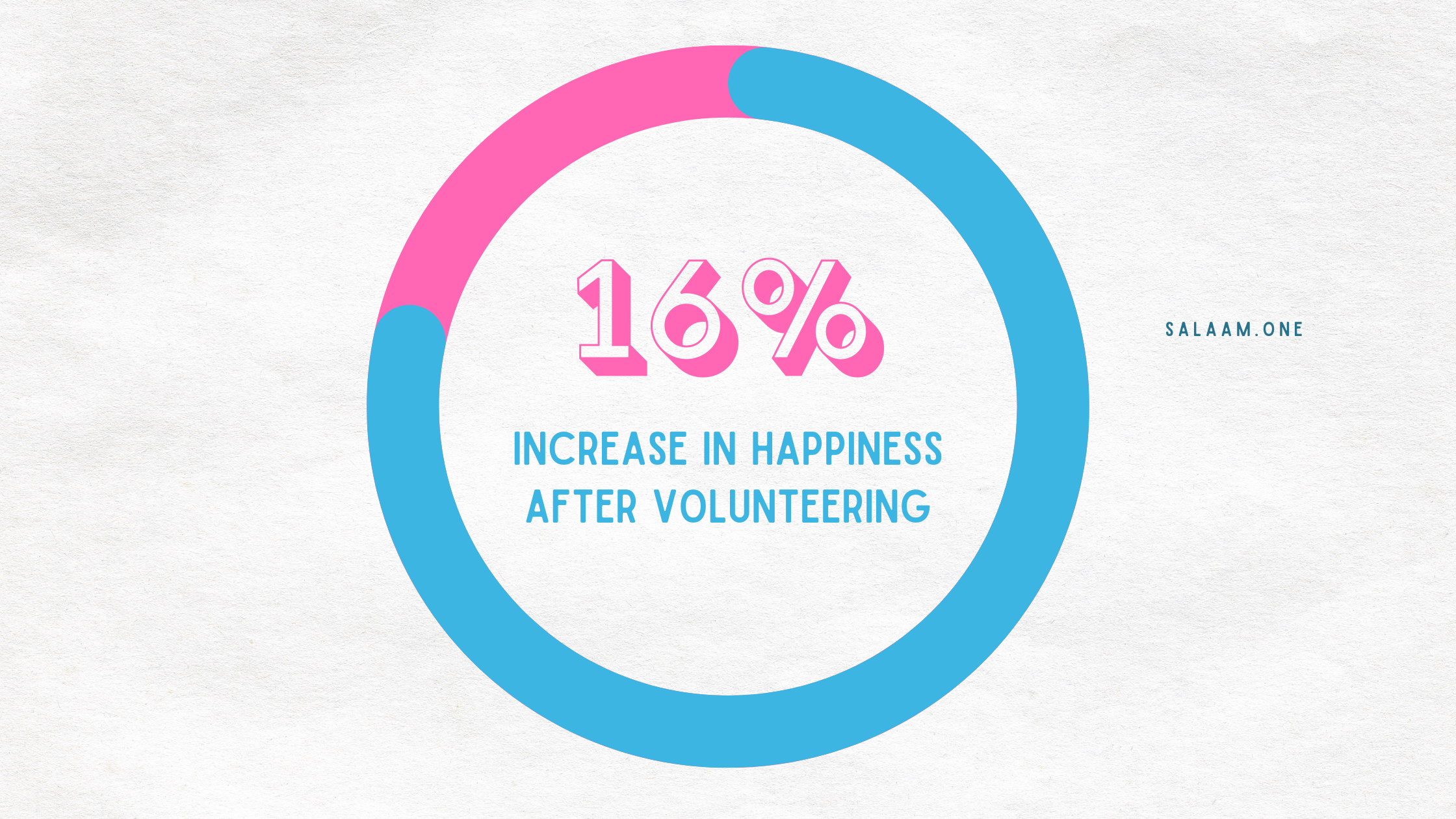
Teens who volunteer often develop a heightened sense of gratitude and perspective. By helping those who are less fortunate, whether it’s the homeless, refugees, or the elderly, teens gain a deeper appreciation for the blessings in their own lives. According to a research, this shift in perspective can help reduce stress and anxiety, as they begin to see their challenges in a broader context. Additionally, volunteers have a 24% lower risk of early death compared to non-volunteers
Moreover, volunteering helps teens develop emotional intelligence as they interact with people from various walks of life. Whether it’s comforting someone in distress or working with a diverse team, these interactions build emotional resilience and a greater ability to navigate social dynamics with kindness and maturity. It also boosts physical health: volunteering can reduce the likelihood of developing high blood pressure by 40% and has been linked to better physical health outcomes, especially among older adults
Volunteering plays a key role in shaping a young person’s sense of identity. For Muslim teens, community service is a way to connect their faith with their personal growth, as it offers them a chance to reflect on their values, strengths, and goals.
By participating in meaningful projects, teens can discover their passions, whether it’s helping the environment, supporting vulnerable populations, or advocating for social justice. These experiences help teens build a sense of purpose and direction, encouraging them to think critically about the type of person they want to be and how they can contribute to the world as practicing Muslims.

For teens who may struggle with integrating their Muslim identity into their daily lives, volunteering in a faith-based context—such as through mosque initiatives or Muslim-led charities—can reinforce their connection to Islam. This engagement fosters a sense of pride in their identity as Muslims and empowers them to contribute positively to society while remaining true to their faith.
Volunteering is also an excellent way for Muslim teens to enhance their academic and career prospects. Volunteers are 27% more likely to gain employment, as hiring managers (colleges and universities too during admissions) often view volunteer experience as a valuable asset when making recruitment decisions
For teens who are considering future career paths, volunteering provides opportunities to explore different fields of interest. For example, a teen who volunteers at a local clinic may develop an interest in healthcare, while someone who helps with environmental projects may be inspired to pursue a career in sustainability.
Furthermore, volunteering allows teens to build a strong network of contacts, including mentors who can offer guidance and support in both their academic and professional journeys.
Volunteering can also be a way for Muslim families to come together in service to their community. Teens who volunteer with their families not only strengthen their connection to their faith but also develop a deeper sense of family unity and purpose.
By participating in activities like organizing charity events, feeding the homeless, or engaging in community clean-ups as a family, parents and teens can share the experience of living out Islamic values together. This shared experience fosters open communication, encourages positive role modeling, and strengthens the bond between parents and their children.
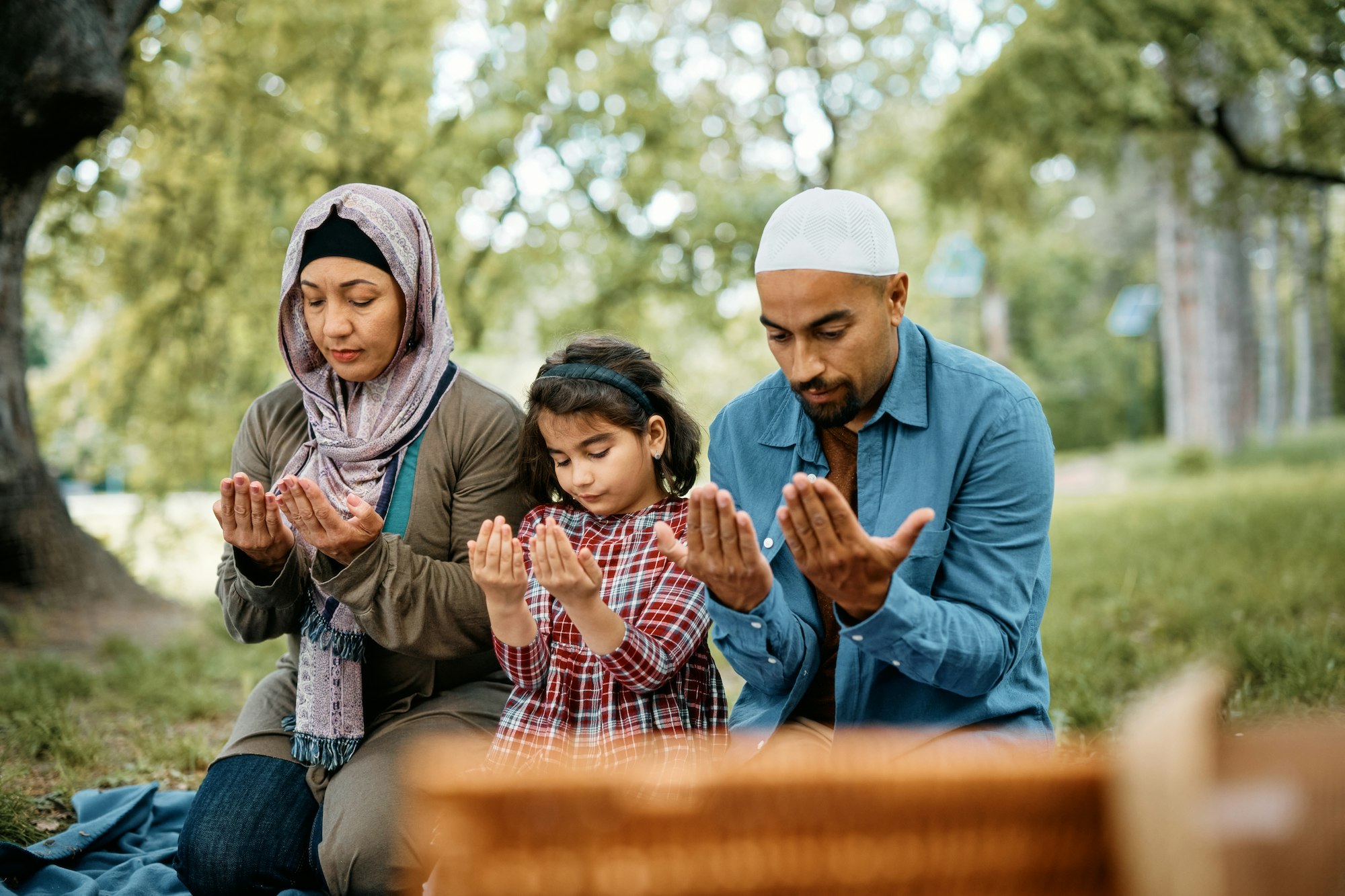
Islam teaches that helping others and giving back to the community is a duty for every Muslim. Volunteering is an excellent way for Muslim teens to fulfill this duty and contribute to the common good, as it embodies the Islamic principles of ihsan (excellence in character), ta’awun (mutual cooperation), and rahmah (compassion).
By participating in acts of service, teens gain a deeper understanding of their role within the larger Muslim Ummah and the world. This awareness helps them realize that they can be agents of positive change, no matter how small their contributions may seem.
Related: Places to Volunteer as a Muslim in USA
For Muslim teens, volunteering is much more than just a way to fill extra time—it’s a meaningful path toward personal growth, spiritual development, and community building. Through volunteering, teens can strengthen their Islamic values, develop leadership skills, foster empathy, and build lasting connections with their community.
Most importantly, volunteering provides Muslim teens with a sense of purpose and direction, helping them navigate the challenges of adolescence with confidence and a commitment to making a positive impact on the world. Whether they’re serving the homeless, protecting the environment, or leading mosque programs, Muslim teens who volunteer are taking their first steps toward becoming the compassionate, responsible leaders of tomorrow.